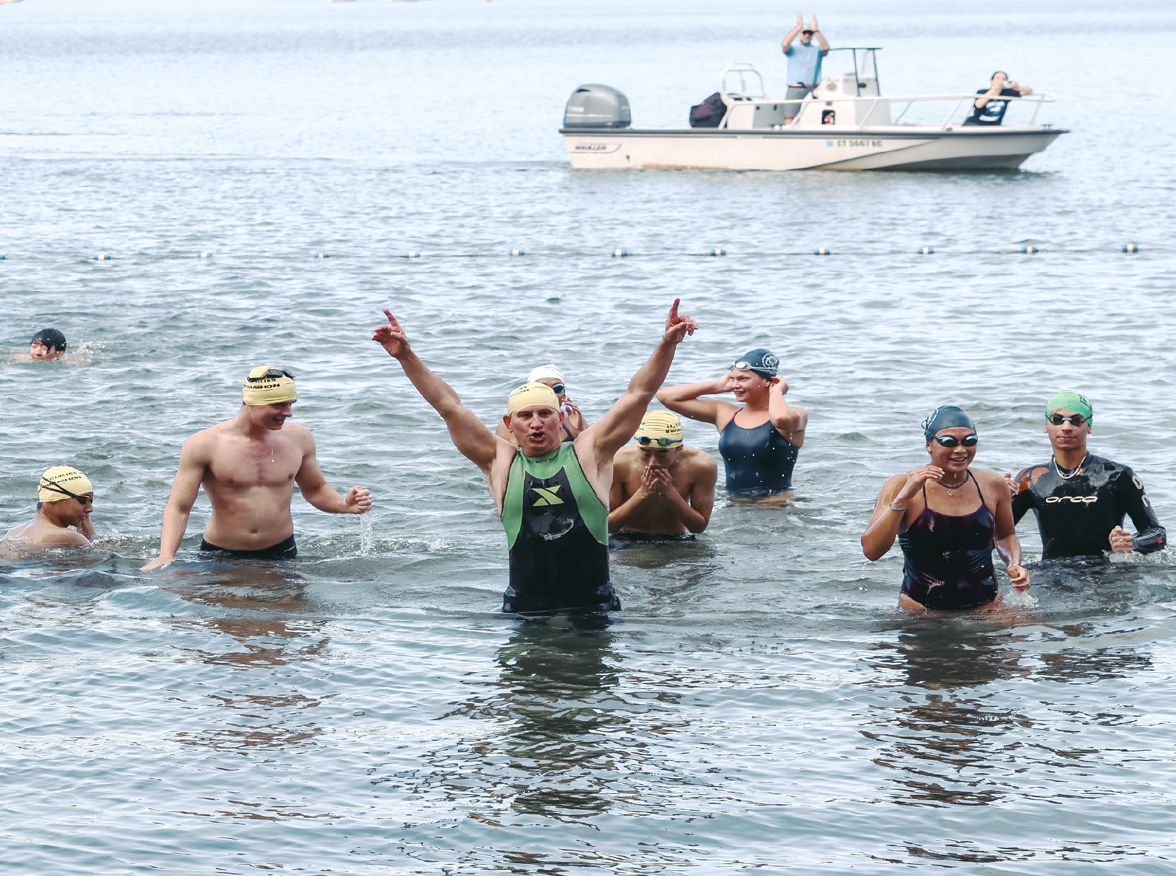On November 14, visitors from Mountainside Treatment Center, an addiction treatment center in Canaan, Connecticut, visited the school to discuss adolescent development and drug and alcohold dependency with faculty and proctors.
Proctors attend extended training sessions annually at the start of the year, in November, and during the third marking period.
In 2022-23—the year after the No-Chance Policy was ended—the school did not conduct specific trainings on substance use. Mr. D’Ambrosio, dean of student life, said, “We wanted to wait a year into the change around our drug and alcohol policy before we offered such a training.”
Three facilitators from Mountainside conducted an interactive conversation with proctors. They discussed connections between substance use and mental health struggles, substance abuse regulations, and resources on campus.
The presentation began with a narrative by a member of the Mountainside community in long-term recovery. Ms. Kinyette Henderson, dorm head of Memorial Hall, said, “Through this powerful narrative, proctors were able to understand their journey as well as the ways in which support can be provided.”
Reflecting on the training, Manasa Chundi ’24 said, “The facilitators shared their experiences and then tried to get us to think about how they applied to our experience at Hotchkiss. However, it was quite hard to engage in the conversation, because they didn’t modify their programming to fit our community’s needs and how these problems manifest in a boarding school environment.”
Other proctors found the training to be impactful and informative. Jake Owens ’24 said, “I appreciated hearing the presenter’s inspiring story of overcoming addiction. The facilitators gave us valuable ways to communicate with our proctees and peers that may end up transforming their lives.”
Mountainside counselors also spoke to faculty and staff on November 27 as a component of professional development programming. Two clinicians shared background information about brain development and addiction in adolescents.
“Knowledge, coupled with the right systems and protocols, will help us aid and support students in those moments when they make bad decisions,” Mr. D’Ambrosio said.





